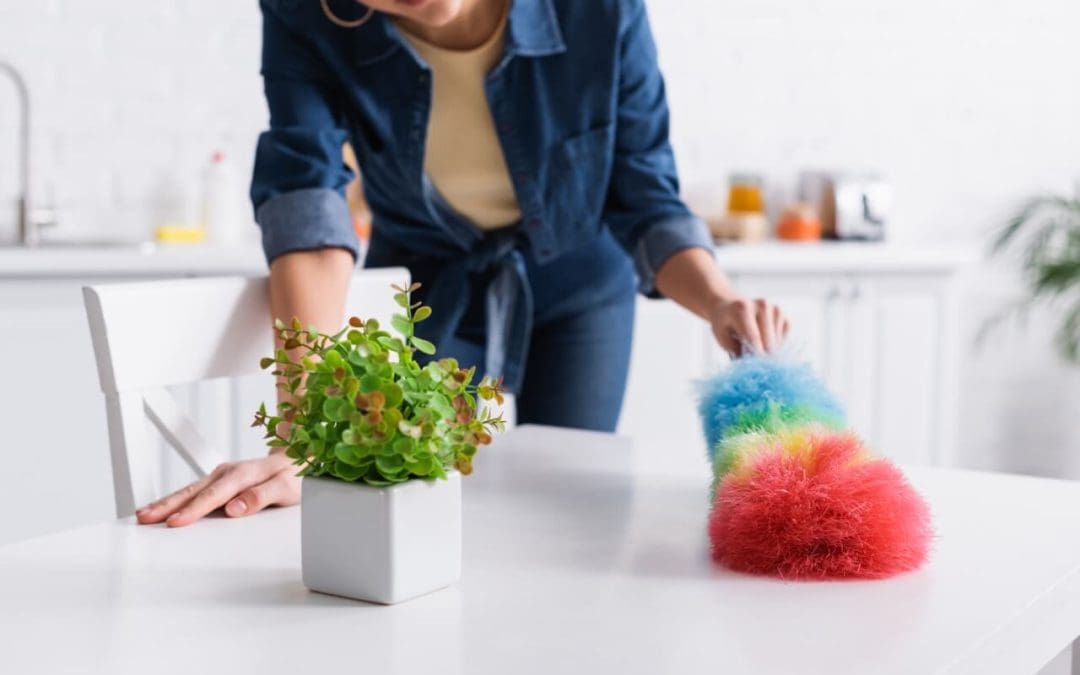We all want our homes to be safe places for our family and friends. But did you know that many everyday household items and practices can lead to health concerns? Let’s look at five common health hazards in a home and how to mitigate them.
1. Dust Mites in the Home are Health Hazards
These tiny creatures are invisible to the naked eye but are actually one of the most common allergens. Dust mites thrive in humid environments and can cause asthma-like symptoms and other respiratory problems. To rid your home of dust mites, vacuum regularly with a HEPA filter and wash bedding in hot water once a week.
2. Lead-Based Paint
If your home was built before 1978, there’s a chance it contains lead-based paint. When lead paint deteriorates, it releases lead dust and contaminates indoor air. Lead poisoning can cause health problems, including developmental delays in young children.
If you suspect there’s lead paint in your home, have it tested by a professional. Generally, lead-based paint is considered safe if it is intact and not chipping or flaking. However, if you have paint that isn’t in good condition or are planning renovations, hire a professional service to remove it safely.
3. Carbon Monoxide
Carbon monoxide is a colorless, odorless gas produced by fuel-burning appliances like furnaces, water heaters, and fireplaces. If excess amounts of carbon monoxide build up in your home, it can cause dizziness, headaches, nausea, and even death.
To protect yourself from carbon monoxide poisoning, install carbon monoxide detectors on each level of your home and have fuel-burning appliances serviced regularly.
4. Mold
Mold is a type of fungi that grows in damp environments. Some mold spores cause allergic reactions and respiratory issues when inhaled. Family members might also experience itchy eyes, headaches, and fatigue.
To prevent mold growth in your home, keep humidity levels low, use ventilation fans in the bathroom and kitchen, and immediately clean up water spills. If you already have mold growing in your home, hire a professional to remove it safely.
5. Health Hazards in the Home: Radon
Radon is a radioactive gas that occurs naturally and harmlessly outdoors but becomes dangerous at high levels indoors. This gas seeps into a house via cracks or gaps in the home’s foundation. Radon exposure over time can lead to lung cancer, so it’s essential to test for radon to keep your family safe. If radon levels are high, a professional radon mitigation company will seal your home and design a system to circulate the gas out of the house.
Your home may have materials that cause health problems and pose risks to family members. Taking simple precautions like vacuuming regularly, washing bedding in hot water, and installing a carbon monoxide detector will make a safer, healthier home for your family.
HomeVantage Home Inspections provides inspection services to customers in Northern New Jersey, including radon testing. Contact us to schedule an appointment.

